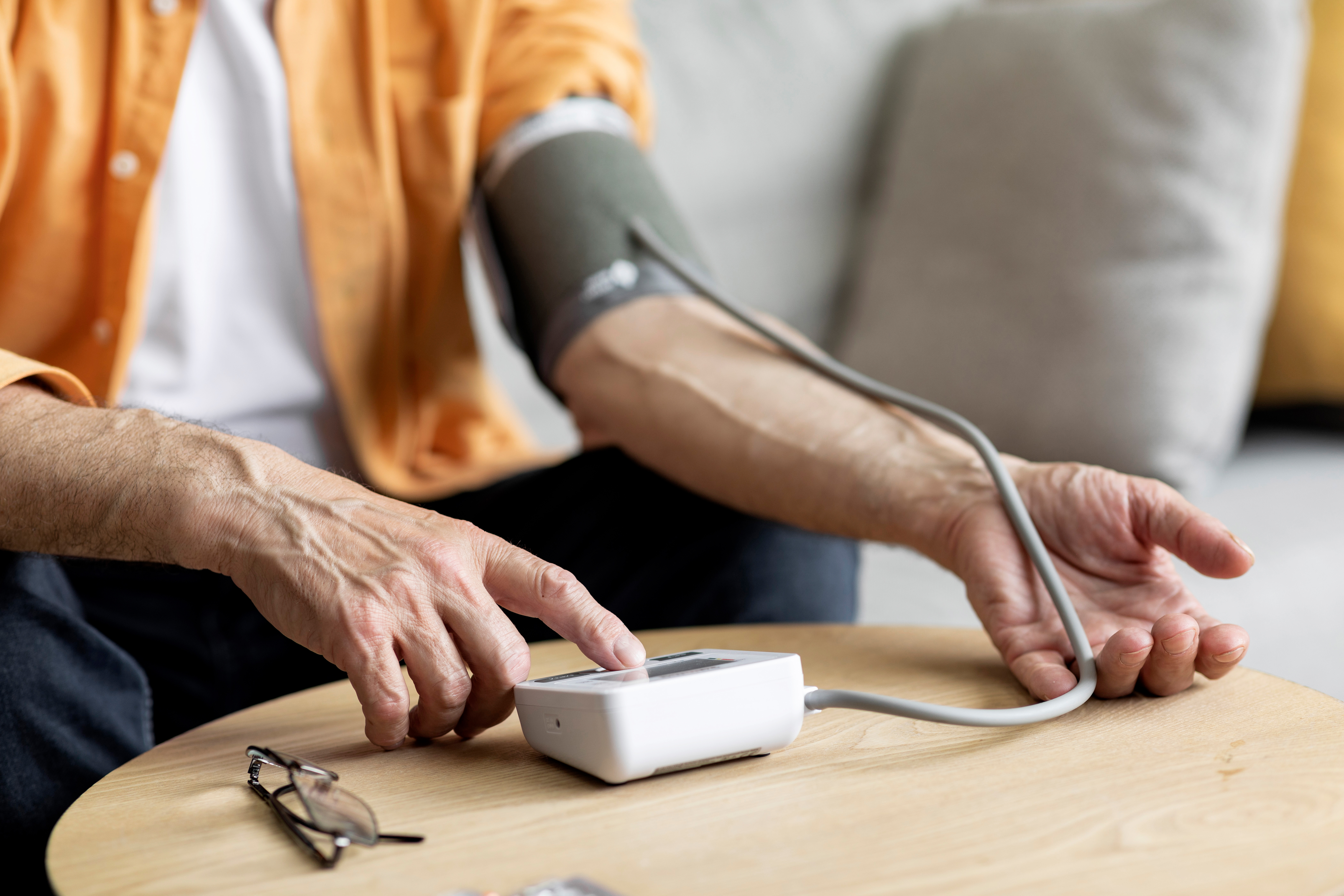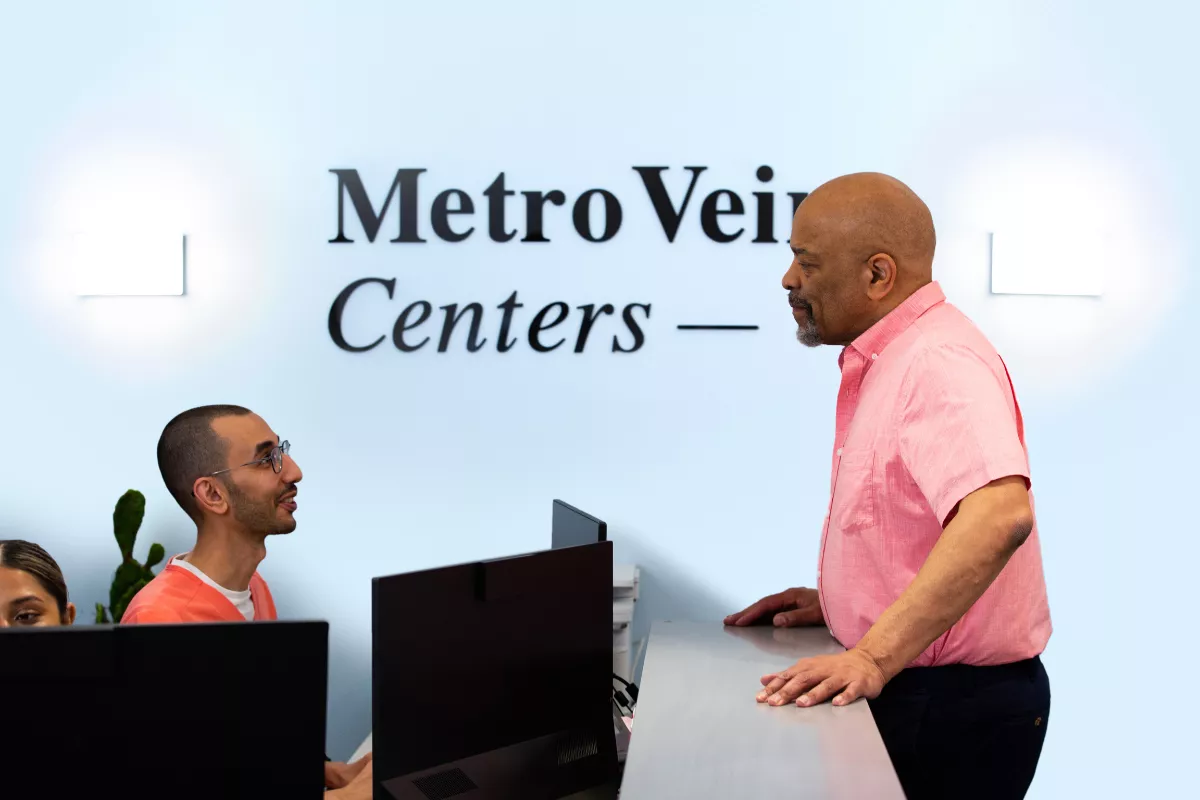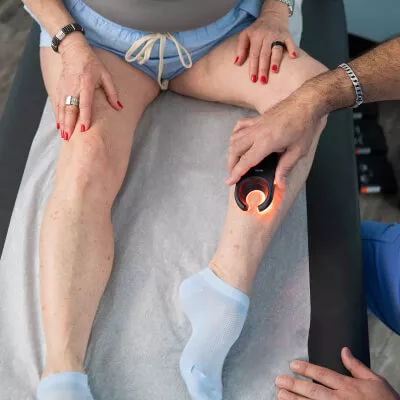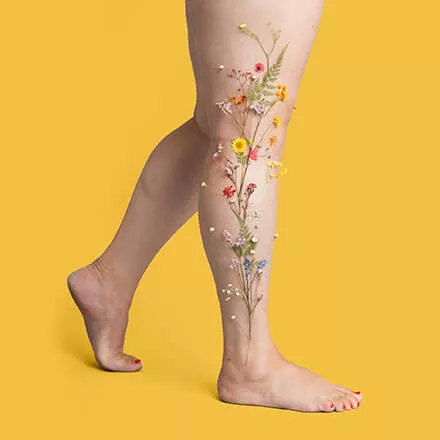Did you know that varicose veins and blood pressure share an important connection that can impact your overall health? It's true, and understanding how these two conditions interact can help you manage both your vein health and your cardiovascular health. Let's discuss the relationship between varicose veins and blood pressure and what you can do to keep them both in check.
Key Takeaways
- High blood pressure can contribute to vein damage.
- Managing blood pressure is crucial for successful vein treatments.
- Lifestyle changes and regular monitoring are key to prevention.
What Are Varicose Veins?
Varicose veins are enlarged, twisted veins that often appear on the legs and feet. They occur when the valves inside your veins weaken, making it difficult for blood to flow back to your heart. This causes blood to pool, leading to visible bulging and discomfort. Common symptoms include aching, heaviness, swelling, and sometimes itching or pain.
Understanding Blood Pressure
Blood pressure is the force of your blood pushing against the walls of your arteries. It's measured in millimeters of mercury (mmHg) and consists of two numbers: systolic (the pressure when your heart beats) and diastolic (the pressure when your heart rests between beats).
Hypertension (high blood pressure) occurs when your blood pressure is consistently too high, increasing your risk of heart disease, stroke, and other health problems. Hypertension can lead to heart failure, renal failure, peripheral arterial disease which all can lead to vein disease indirectly.
Hypotension (low blood pressure) occurs when your blood pressure is too low, often causing dizziness, lightheadedness, or fainting.
Both high and low blood pressure can affect your overall cardiovascular health, including your veins.
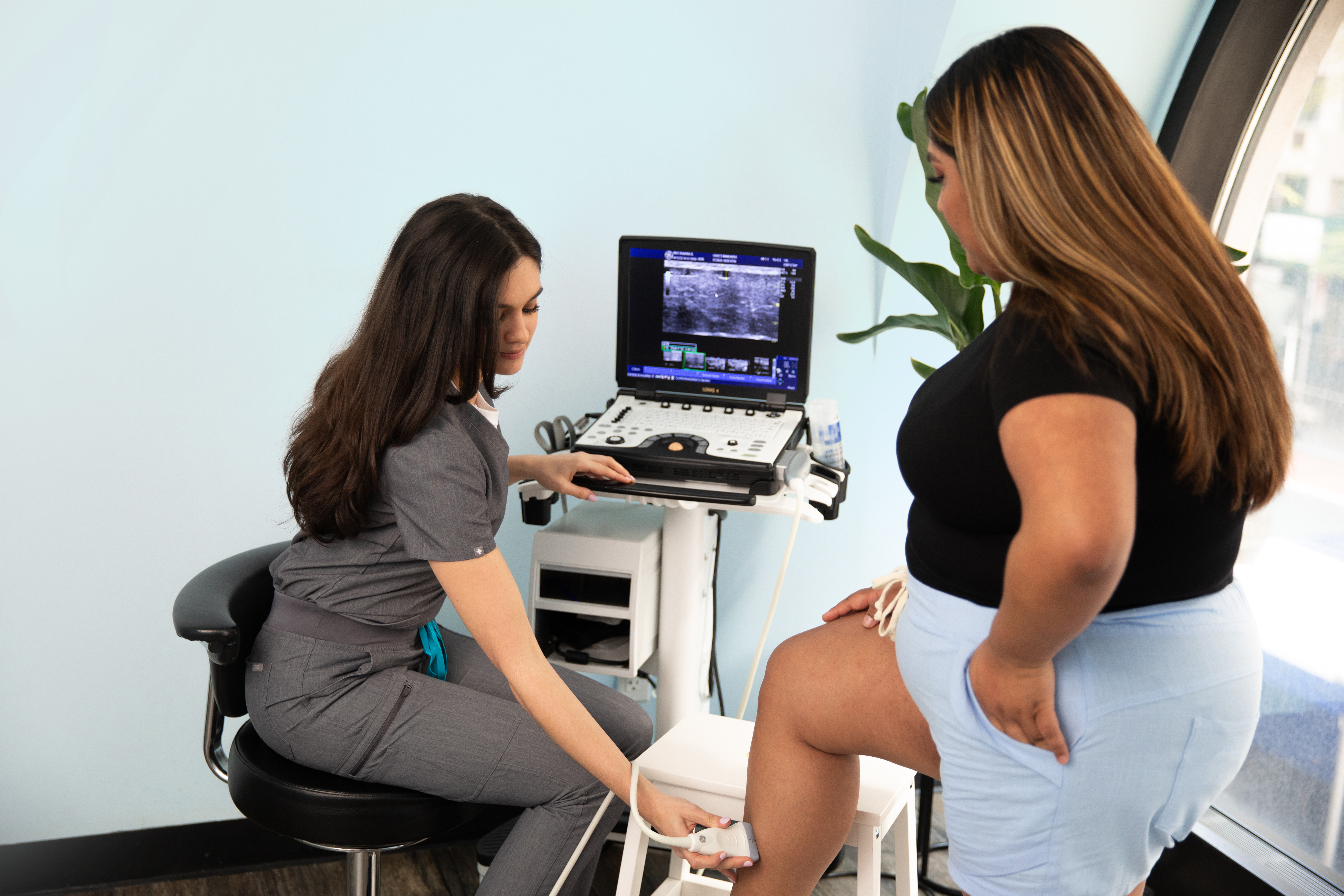
The Link Between Varicose Veins and Blood Pressure
While primary venous disorders develop independently of other diseases, research suggests that there is a connection between vein disease and high blood pressure (hypertension). High blood pressure can put extra strain on your vein walls, which can lead to weakening over time and contribute to the development or worsening of varicose veins. Vein disease and high blood pressure also share some of the same risk factors. These include smoking, high cholesterol, and obesity.
Conversely if your veins are not working properly, blood may not flow back to the heart efficiently, resulting in low blood pressure (hypotension). One example of this is a condition called orthostatic hypotension, which is a sudden decrease in blood pressure that occurs when a person changes position from sitting or lying down to standing.
Impact on Vein Health and Treatment Outcomes
Your blood pressure levels can also impact the success of varicose vein treatments. Uncontrolled high blood pressure can increase the risk of complications during and after procedures. When both conditions exist, careful management is necessary to increase your chances of successful treatment outcomes and minimize potential complications.
Diagnosis and Monitoring
If you are diagnosed with varicose veins and either hypertension or hypotension, your vein specialist will want to monitor your symptoms and your blood pressure over time. Regular monitoring allows for early detection of any changes and helps your doctor tailor your treatment plan accordingly. Your doctor may recommend:
Vein Ultrasounds: To assess blood flow and vein structure.
Doppler Studies: To measure blood flow in your arteries and veins.
Routine Blood Pressure Checks: To monitor your blood pressure levels.
Management and Treatment Options
Managing both varicose veins and high or low blood pressure involves taking a comprehensive approach. A combination of lifestyle changes you can make yourself and tailored varicose vein treatments by a board-certified vein specialist is a particularly effective approach. These include:
Lifestyle Changes: A healthy diet, regular exercise, and stress reduction can help manage (but not cure) both vein disease and blood pressure.
Weight loss: Losing as little as 5-10 pounds can have a positive impact on blood pressure, even causing some to no longer need blood pressure medicine. Therefore having healthy legs to help you exercise is important!
Medications: Your doctor may prescribe medications to control your blood pressure.
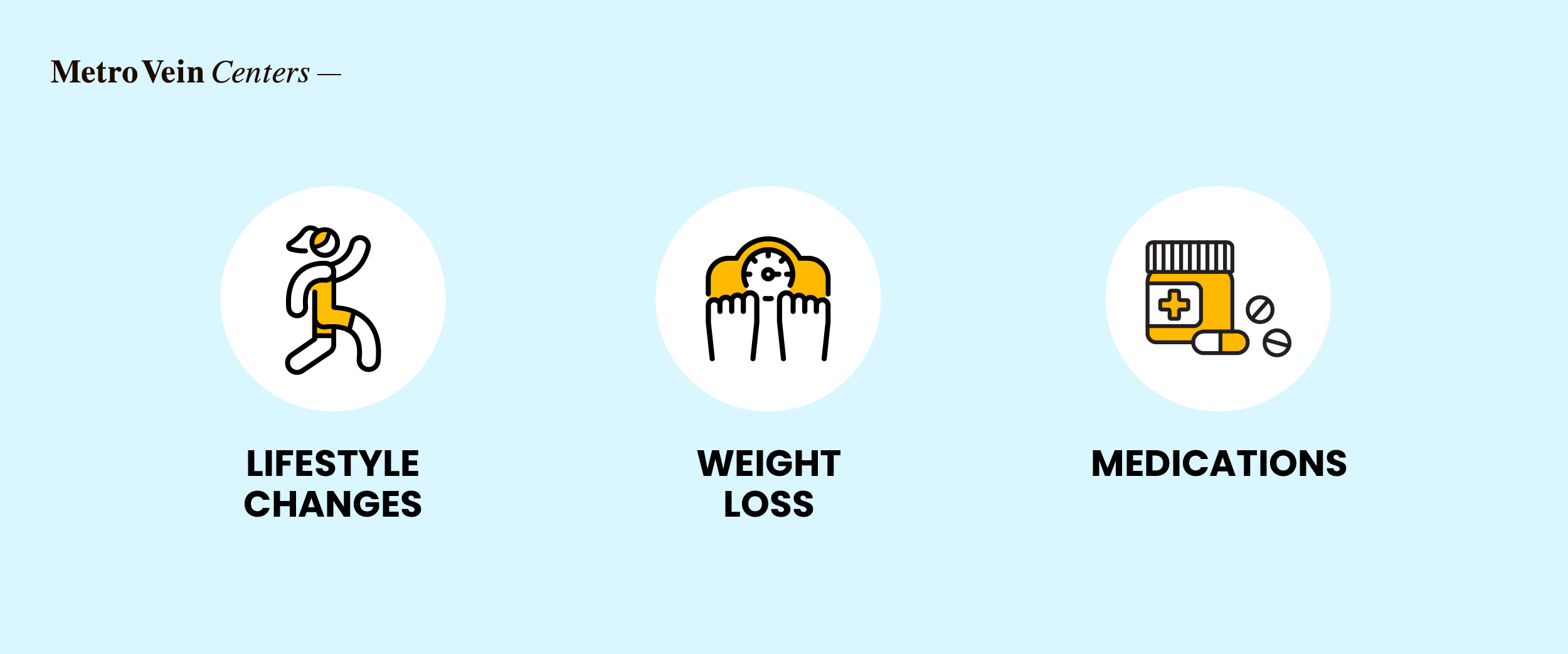
In addition to lifestyle modifications and medication to treat abnormal blood pressure, proven treatments that target varicose veins include:
Radiofrequency ablation (RFA) - RFA is a minimally invasive, radio wave-based treatment for varicose veins.
Sclerotherapy - Sclerotherapy treats varicose using a concentrated, injectable foam.
Varithena® - Varithena® also treats the symptoms and appearance of varicose veins with an injectable foam.
Prevention and Long-Term Care
Preventing complications and maintaining vascular health involves a combination of healthy lifestyle habits and a treatment plan to address vein issues like varicose veins. Medication may be necessary to control high or low blood pressure, in conjunction with a proven treatment for varicose veins.
If you have these co-occurring health conditions, regular checkups with your primary care physician and vein doctor will be necessary to monitor your blood pressure and vein health.
"Managing both varicose veins and blood pressure requires a holistic approach," says Dr. Milad Asfar, Board-Certified Physician and Vein Specialist at Metro Vein Centers. "We work closely with patients to develop personalized treatment plans that address both conditions, ensuring optimal outcomes."
Conclusion
As your heart and your veins work together to support healthy circulation, it's important to manage your vein disease, like varicose veins, and blood pressure.
Taking proactive steps by speaking with your vein specialist is one very important step you can take to protect both your heart and veins. Take charge of your vascular health and schedule a free consultation with one of our vein specialists today!
Frequently Asked Questions
How does high blood pressure contribute to the development of varicose veins?
High blood pressure can increase your risk of developing varicose veins by putting extra strain on vein walls, weakening them over time.
Can controlling blood pressure improve the effectiveness of varicose vein treatments?
Yes, managing your blood pressure can reduce complications and improve outcomes.
What lifestyle changes help maintain both healthy blood pressure and vein health?
Making healthy lifestyle choices can be helpful in managing both high blood pressure and vein disease. While a healthy diet, regular exercise, weight management, and stress reduction can temporarily improve symptoms associated with varicose veins, it's important to remember that a permanent cure requires medical treatment.
How frequently should I monitor my blood pressure if I have varicose veins?
Your primary care physician or vein specialist can advise you best, but typically at regular intervals.
Are there special treatment considerations for varicose veins in patients with hypotension?
Yes, all vein treatments at Metro Vein Centers are tailored for our patients to ensure safe and effective outcomes, taking into account the patient's health history, including blood pressure and any other medical conditions.
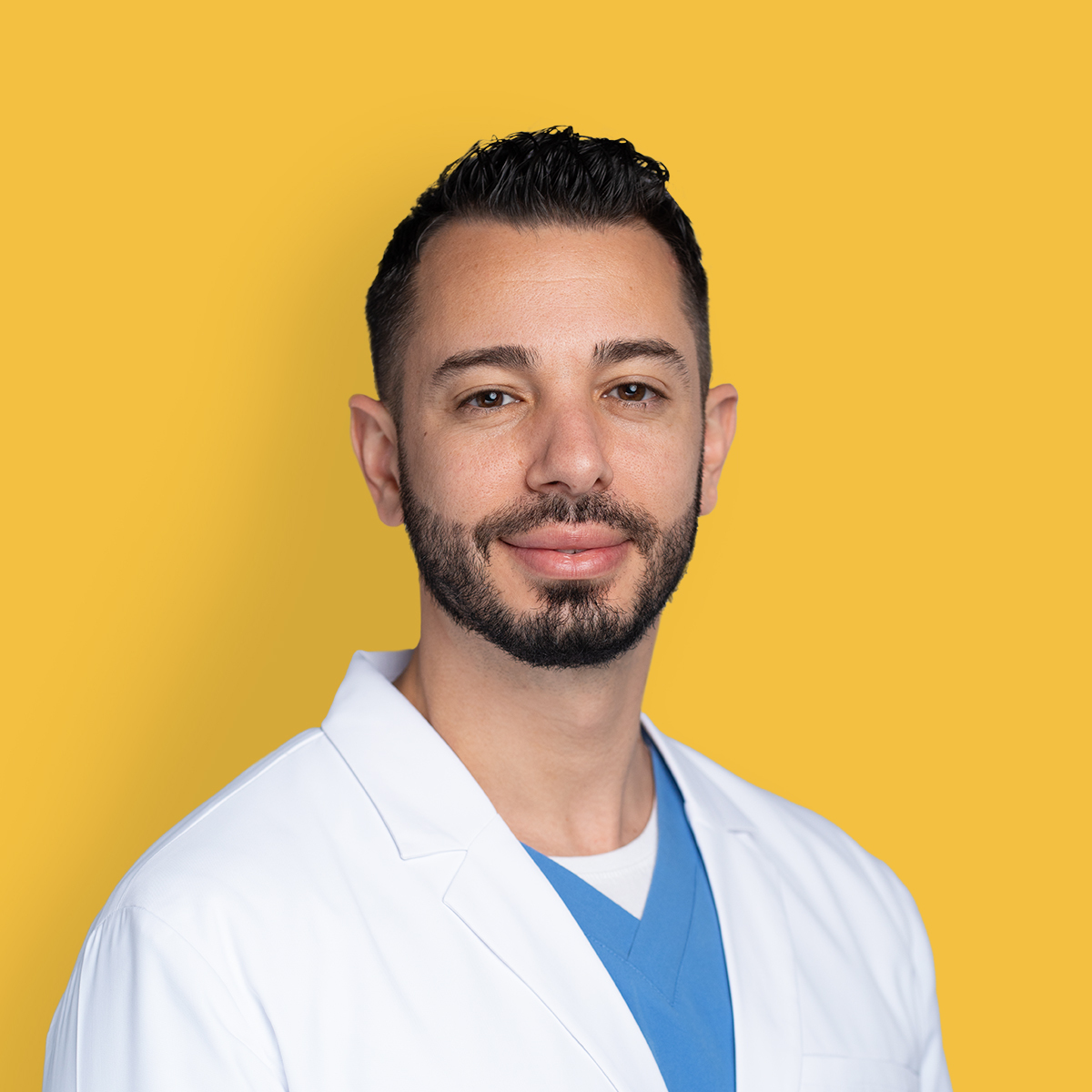
Dr. Milad Asfar
Meet Milar Asfar, DO, a highly-rated doctor specializing in the treatment of vein conditions. Schedule an appointment in MI today.
Meet Dr. Milad Asfar
Trusted insight from the nationally accredited, board-certified vein doctors at Metro Vein Centers.



